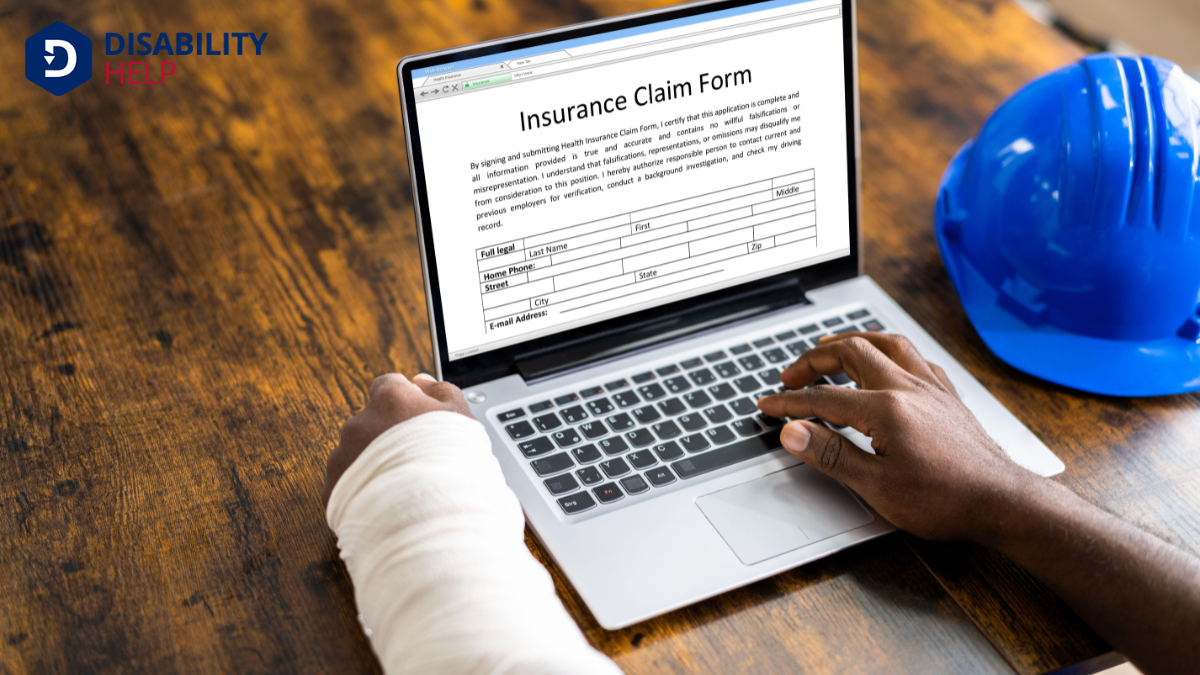As freelancers, we often wonder how to safeguard our income if we're unable to work due to illness or injury. Disability insuranceA form of insurance that provides income to individuals who are unable to work due to a disability. can be an essential safety net, but do we qualify? Eligibility hinges on factors like consistent income and a robust history of earnings. Understanding these requirements is significant, especially when it comes to proving self-employment and evaluating personal health. Let's explore what it takes to secure this crucial coverage.
Key Takeaways
- Freelancers can qualify for disability insurance by demonstrating consistent income and stable earnings history.
- Proof of self-employment, like tax returns or contracts, is often required by insurers.
- Eligibility can be influenced by age, health status, and specific policy limits.
- Several types of disability insurance, like short-term and long-term policies, are available for freelancers.
- Evaluating policy terms, such as benefit amounts and waiting periods, is crucial for freelancers seeking coverage.
Understanding Disability Insurance for Freelancers
How do we, as freelancers, navigate the complexities of disability insurance? Understanding it begins with recognizing its significance. Since our income isn't guaranteed, ensuring we've a financial safety net is essential.
Disability insurance helps replace a portion of our income if we're unable to work due to illness or injury, providing peace of mind amidst uncertainty.
We need to grasp the different types of coverage available. Short-term policies typically cover us for a few months, while long-term policies may extend for several years.
It's critical to know which suits our individual needs. Equally important is understanding the policy terms, such as waiting periods and benefit amounts.
Eligibility Criteria for Freelancers

As we explore the significance of disability insurance for freelancers, it's equally important to understand who qualifies for such coverage. When we consider eligibility, we must focus on factors specific to freelancing. Primarily, insurers assess our income stability and history. Freelancers typically need a consistent income stream and a record of earnings over a certain period to qualify.
It’s essential to demonstrate a steady work pattern, even if our income varies month to month. Additionally, insurers may require proof of self-employment, like tax returns or contracts. Our age and health status can also influence eligibility; some policies have age limits or health requirements.
Understanding these criteria helps us navigate the application process, ensuring we secure the financial protection we need.
Types of Disability Insurance Policies
When choosing the right disability insurance policy, we must first understand the different types available to us as freelancers. This knowledge helps us select a policy that suits our unique needs.
Here are the three main types:
- Short-Term Disability InsuranceInsurance that provides income replacement for a limited time when an employee is unable to work due...: This policy provides income replacement for a brief period, typically three to six months, if we're unable to work due to illness or injury.
- Long-Term Disability InsuranceInsurance that provides income replacement for individuals who are unable to work for an extended pe...: This covers us for extended periods, often until retirement age, offering financial support if we face prolonged incapacityA legal term indicating that an individual lacks the ability to make decisions for themselves, often....
- Own-Occupation Disability Insurance: This policy guarantees we receive benefits if we can't perform the specific duties of our freelancing job, even if we can work in another capacity.
Understanding these options empowers us to make informed decisions.
Evaluating Coverage Options
Why should we meticulously evaluate our coverage options? As freelancers, our income isn’t always steady, and we need to guarantee our protection aligns with our unique financial situations.
Let’s consider the scope of coverage offered by different policies. We should examine the waiting period, benefit amount, and duration to find what best fits our needs.
It’s essential to understand what “own occupation” and “any occupation” definitions mean for our claim eligibility. Additionally, policy exclusions can greatly impact our coverage.
Comparing these factors across providers helps us make informed decisions. By actively evaluating these elements, we not only safeguard our finances but also gain peace of mind, knowing we’re prepared for any unexpected setbacks in our freelance journey.
Steps to Secure Disability Insurance

Securing disability insurance as freelancers requires a clear understanding of the necessary steps to guarantee adequate protection.
It’s essential for us to take charge of our financial future. Here’s how we can proceed:
- Assess our needs: We need to determine how much income we’d require if we’re unable to work. This helps us decide on the coverage amount.
- Research and compare: Let’s explore various insurance providers to find policies that suit our needs and budget. Comparing offers helps us identify the best fit.
- Apply and review: Once we select a policy, we should apply and carefully review the terms. Understanding waiting periods and benefit specifics guarantees we understand what we’re signing up for.
Conclusion
In summary, we've seen that freelancers can indeed qualify for disability insurance with the right preparation and understanding. By familiarizing ourselves with eligibility criteria and gathering necessary documentation, like tax returns, we can navigate the process more smoothly. Exploring different types of policies and carefully evaluating coverage options guarantees that we find the best fit for our needs. Let's take proactive steps to secure this essential financial protection, giving us peace of mind in the face of unforeseen challenges.






